Expert comment: The INF and the future of arms control
By John Mecklin, October 24, 2018

The United States' withdrawal today (August 2, 2019) from the Intermediate-range Nuclear Forces Treaty (INF) has elicited criticism from many quarters, including from the leader who signed the landmark agreement on behalf of the Soviet Union in 1987. “Do they really not understand in Washington what this could lead to?” former General Secretary Mikhail Gorbachev told the Interfax news agency.
The INF required destruction of US and Soviet ground-launched ballistic and cruise missiles with ranges of between 500 and 5,500 kilometers, and their launchers and associated support structures and equipment; it was long considered central to the East-West arms control regime. In 2018, I asked a variety of global security experts for their views on the proposed US pullout, and what might be done to deal with intermediate-range nuclear weapons, if or when the United States ultimately left the INF. Their views are, most unfortunately, at least as relevant now that the INF lies in the dustbin of history as they were then.
We don’t have a missile gap in Asia. We have a diplomacy gap.
Arms control on the brink
Trump falls on sword for Putin’s treaty violation
Ideology over interest? Trump’s costly INF decision.
Who lost the INF Treaty?
The hope in Europe
The INF Treaty and the crises of arms control
A mix of impatience and uncreativity
Europeans to the rescue?
Why it could (but shouldn’t) be the end of the arms control era
Share: [addthis tool="addthis_inline_share_toolbox"]
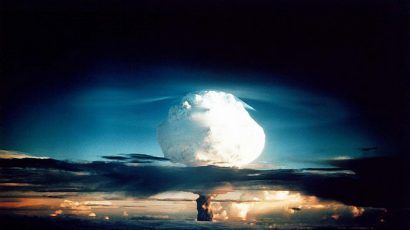
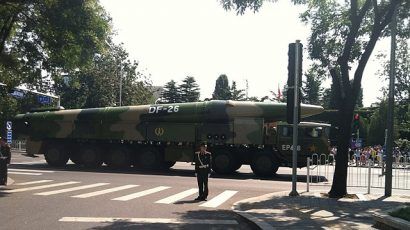

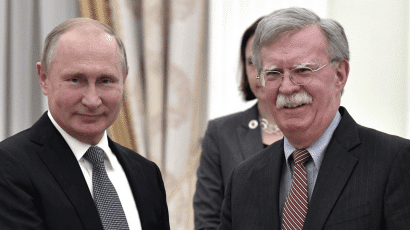

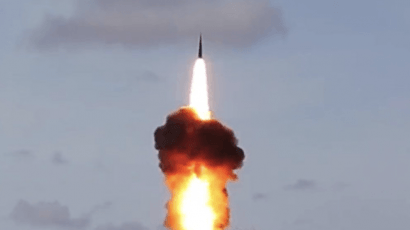
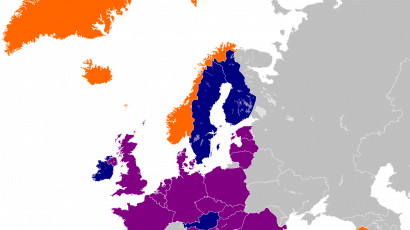
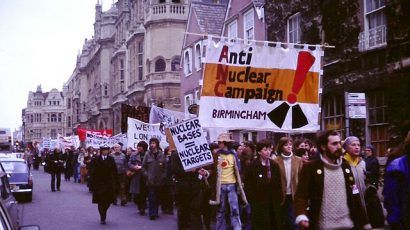

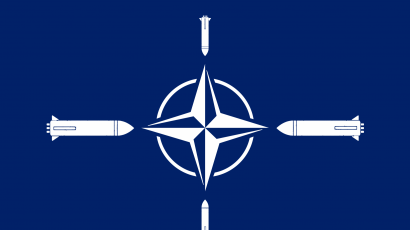
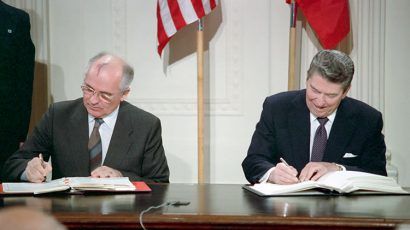


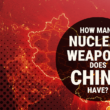











In the aftermath of the most destructive wars in the history of humanity the bases for peaceful and constructive relations among nations were developed and established by the Charter of the United Nations, to a large extent due to the leadership of the major powers. The advent of the nuclear weapon less than two months after the adoption of the Charter and the ensuing concern by the whole international community prompted the multilateral, regional and bilateral negotiation of a number of treaties, agreements and codes of conduct to deal with the different aspects of the changed security conditions. That normative… Read more »
Can’t they just make the world a better place and try their best not to start the World War III? Seriously
The INF Treaty, officially the Treaty Between The United States Of America And The Union Of Soviet Socialist Republics On The Elimination Of Their Intermediate-Range And Shorter-Range Missiles was signed in the White House 8 December1987 by Chairman Gorbachev for the USSR and President Reagan for the USA. The treaty eliminates all missiles and launchers, nuclear and conventional, of both short-range (310-620 miles) and intermediate range (620-3,420 miles); it doesn’t cover sea-launched missiles. The US Senate ratified the treaty on 27 May 1988; it entered into force on 1 June 1988. The Senate voted 93-5 in favor. The President can… Read more »
Thank you Sergio Duarte and Douglas Reilly for your broad brush strokes of the common sense negotiations amongst the ‘nuclear nations’ that have prevailed so far, because of the existence of nuclear weapons. I come to this whole subject with a fairly optimistic mindset. I’ll explain why. Firstly by saying that I worked as a geologist in Canada, and became involved in a search for uranium. That work made me curious about the energy in the atom. I acquainted myself with the knowledge of nuclear physics, of how there are “four-interactive-forces” in each and every atom. Physics identifies and names… Read more »
Another unfortunate step backwards. Intermediate range nuclear weapons have vanishingly few applications for an advanced nuclear power, but exponentially add to proliferation and nuclear escalation concerns. This is why the USA and USSR chose to ban them. Even if Russia is now violating that treaty, there is no increased threat to the USA nor are there any new reasons or applications where we would want intermediate range nuclear weapons. The USA could continue to be the leader on nuclear arms policy by staying in the treaty and holding the high ground rather than effectively greenlighting smaller powers around the world… Read more »